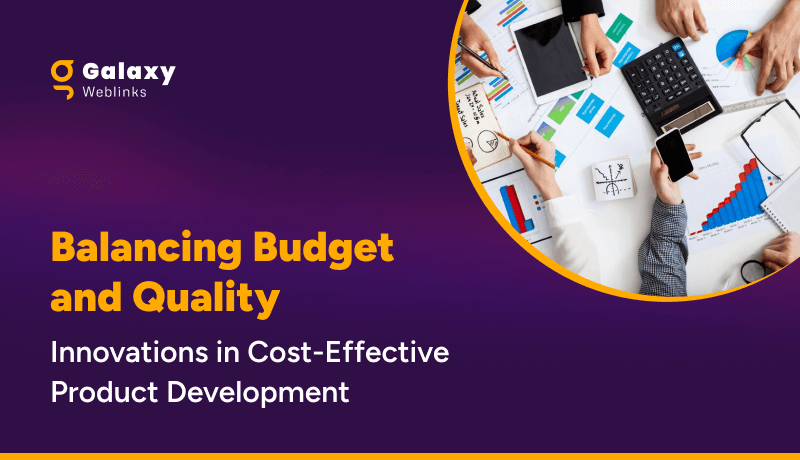Share:
Skills Needed
Technical and Analytical Skills of Business Analysts:- Ability to analyze a set of techniques and tasks to be used to work as a liaison among stakeholders and recommend solutions that enable the organization to achieve its goals.
- Collecting requirements and analyzing how they’ll work as a product. And what will be the future problems they may face. According to that unit tests are defined and the acceptance criteria are defined for further development.
- Writing a unit test before writing the code and able to write code sufficiently to make a failing test pass.
- Expertise in “test-driven bug fixing”, i.e. when a defect is found, writes a test exposing the defect before correction.
- Knows and can name several tactics to guide the writing of tests (for instance “when testing a recursive algorithm, first write a test for the recursion terminating case”).
- Able to factor out reusable elements from existing unit tests, through using situation-specific testing tools.
- Creating a “roadmap” of planned unit tests for macroscopic features (and revising it as necessary).
- Ability to “test drive” a variety of design paradigms: event-driven, functional, and object-oriented; Also the technical domains like persistent data access, user interfaces, and computation.
- Communicate properly with non-technical as well as technical people, especially explaining the technical challenges to the management team.
- Understand the client provided specs and visualize a real-time business situation. He/She must also be ready for a knowledge-sharing session with either his/her team or higher management every time the situation arises.
- Must also have a strong programming base to keep up with their team w.r.t. understanding what the client needs.

